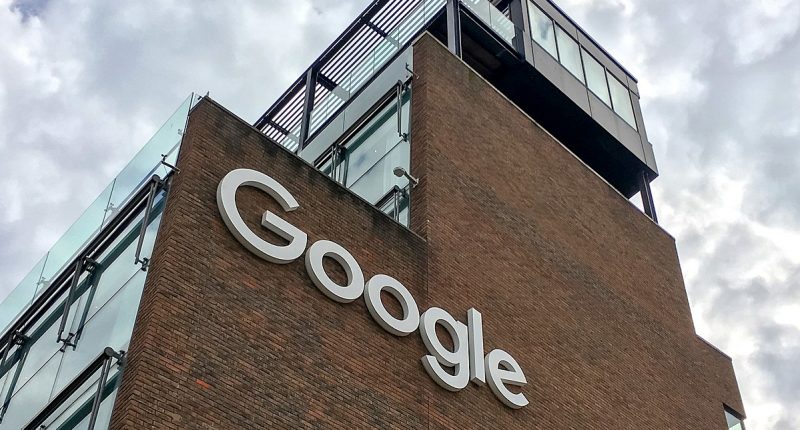The recent enactment of Canada’s Bill C-18 (the Online News Act) continues to send waves across the industry, and the repercussions can be clearly seen. Social media company Meta said that it would take down news content in response to the bill from both Facebook and Instagram, and now, it is being joined in by Google. The tech titan announced that it will begin to remove links to Canadian news stories and publications from its News, Discover, and Search services in the region.
“When the law takes effect, we will be removing links to Canadian news from our Search, News, and Discover products and will no longer be able to operate Google News Showcase in Canada,” Kent Walker, President of Global Affairs at Google and Alphabet, said in a statement on Thursday. The Bill C-18 comes into effect in six months, and will require tech firms to negotiate deals to offer paid compensation to news publishers for their content – basically, a link tax needs to be paid. Google’s News Showcase service allows publishers to curate their content and have it presented in a customized format.
There are other regions that allow for the free use of links, such as the EU. Australia, on the other hand, had a similar law that was passed two years ago, which earned the ire of Google and Meta at that time. Both behemoths had threatened to pull out of the country at that time – Meta even shut down access to news feeds for a short while after the bill passed – but eventually, the companies played ball and struck deals with publishers after it was amended.
“The unprecedented decision to put a price on links (a so-called “link tax”) creates uncertainty for our products and exposes us to uncapped financial liability simply for facilitating Canadians’ access to news from Canadian publishers. We have been saying for over a year that this is the wrong approach to supporting journalism in Canada and may result in significant changes to our products,” the company announced in its official blog post.
From the perspective of the publishers, the Bill C-18 is a favourable – even fair – one. It aims to ensure fair compensation for news publishers when their content is linked and shared by tech companies, and mandates that these companies engage in negotiations with publishers for the use of their content and establish agreements on appropriate compensation. The enactment of the legislation is set to support the sustainability of the news industry and address concerns about the financial viability of publishers in the digital age, when the star of digital media continues to rise and traditional media often falls behind. The Canadian government is off the belief that the bill would bring much-needed revenue to the Canadian media sector.
Companies like Google and Meta, however, do not share this view. Christopher (Cris) Turner, Global Head of Government Affairs & Public Policy at Google, claimed that the legislation is an “unworkable” one, and unduly harsh at that. Google argued that the “link tax” would “break” the web by putting a price on links rather than enabling companies to share links without incurring any costs, adding that it had linked to Canadian news publications more than 3.6 billion times last year, with referral traffic valued at C$250 million ($189 million).
There are other implications of the matter as well. While the intention behind the Online News Act was to ensure fair compensation, the removal of links may result in reduced traffic and visibility for publishers. With Google being a major source of online traffic for news websites, publishers might witness a decline in readership and potential revenue from advertising. With reduced traffic, users may need to resort to alternative search engines or directly visit news websites to access desired content as well.
The Tech Portal is published by Blue Box Media Private Limited. Our investors have no influence over our reporting. Read our full Ownership and Funding Disclosure →






